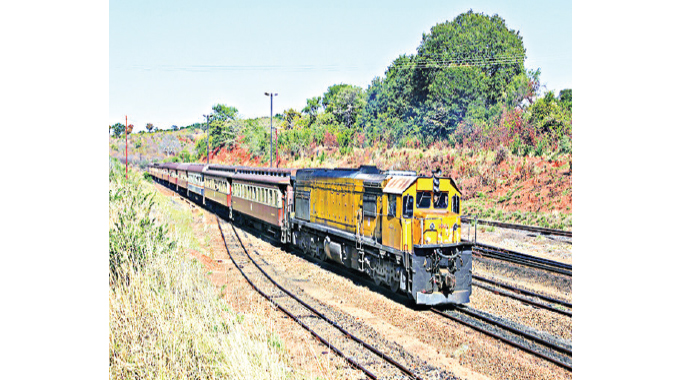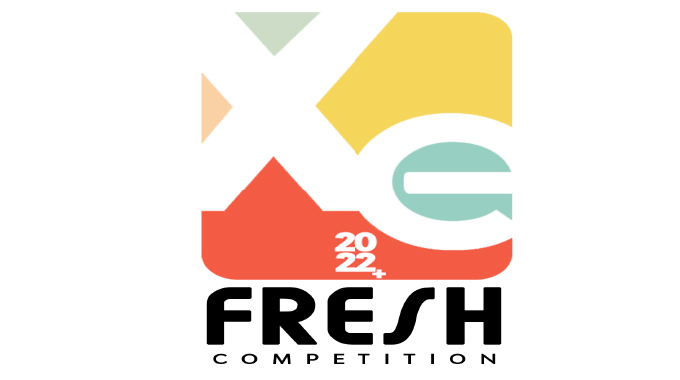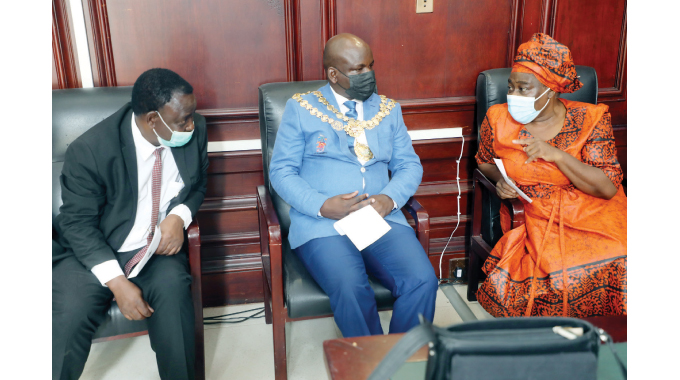NRZ engages suppliers

Oliver Kazunga, Senior Business Reporter
THE National Railways of Zimbabwe (NRZ) has started engaging different suppliers to get quotations for spares and equipment for the railway infrastructure rehabilitation programme before the Government disburses resources to fund the project.
Under the Public Sector Investment Programme (PSIP), Finance and Economic Development Minister Professor Mthuli Ncube set aside $2 billion to facilitate the rehabilitation of railway infrastructure.
The railway infrastructure includes track and communication systems equipment.
Speaking by telephone yesterday, NRZ acting public relations manager Mr Martin Banda said under the PSIP initiative his organisation was looking at rehabilitating railway infrastructure between Harare and Hwange.
“In the 2022 national budget, we were allocated about $2 billion and that money is coming under the PSIP which is supposed to fund the rehabilitation of the track, slippers as well as the signal system between Harare and Hwange.
“Currently as NRZ we are working on the bill of quantities which we will then submit to Government to say that against these invoices can you pay for these items,” he said.
Mr Banda said the other option that was available to NRZ was to engage Turkish investors who have visited Zimbabwe and assessed the railways infrastructure.
“One other option is that we might probably engage the Turkish people once the Government gives the go ahead to rehabilitate the track.
But then when you look at it also, on the other side, we have got the expertise from internally, which can probably be used to rehabilitate those sections,” he said.
Last September, NRZ signed a Memorandum of Understanding with Turkish construction company Yapi Merkezi to collaborate in the modernisation and rehabilitation of Zimbabwe’s railway infrastructure.
Mr Banda said the imminent rehabilitation programme would focus on sections that have cautions.
“Remember there is quite a substantial number of these cautions.
I think there were over 200 cautions which were identified and these cautions need to be sorted out so that trains can traverse at speeds which are more than 30 kilometres per hour which they are currently being restricted to.
“In some sections, we are getting as slow as 10 km/h. When we get these funds from Government under the PSIP, we should be able to sort out these cautions and also see if we can procure some signalling system that we can use for communicating within the train,” he said.
Of late, NRZ operations have been crippled by dilapidated equipment and to some extent vandalism on rail infrastructure such as communication signals.
Asked about when the planned track rehabilitation programme would begin, Mr Banda said: “At the moment, a date has not been set because we are doing the bill of quantities, it also means getting the quotations from people who can supply the items and then submit those to Government to facilitate the disbursement of the funds.”
He said NRZ would also do due diligence of the rail infrastructure suppliers and the parastatal was not only looking at procuring the spares and equipment locally.
“We are not going to restrict ourselves from sourcing locally.
Some of the local equipment manufacturers have got a monopoly and that’s why because of monopoly, you find out that the price of these spares might be too high.
“That’s why we now need to do due diligence and also compare the costs, getting at list five quotations from various players both internally as well as outside the country,” said Mr Banda.
In the long term, NRZ requires about US$1,9 billion for recapitalisation and US$400 million in the short-term.
In 2019, Cabinet cancelled the US$400 million deal that NRZ and the Diaspora Infrastructure Development Group (DIDG) Transnet Consortium had entered into in 2017.
The cancellation of the deal was on account that DIDG lacked financial capacity to implement the project after the infrastructure development group and Transnet parted ways.
After the termination of the US$400 million recapitalisation programme, DIDG filed a US$236 million lawsuit against NRZ.
Nevertheless, DIDG has pleaded with the Government to reconsider reviving the US$400 million recapitalisation initiative.
— @KazungaOliver.











Comments